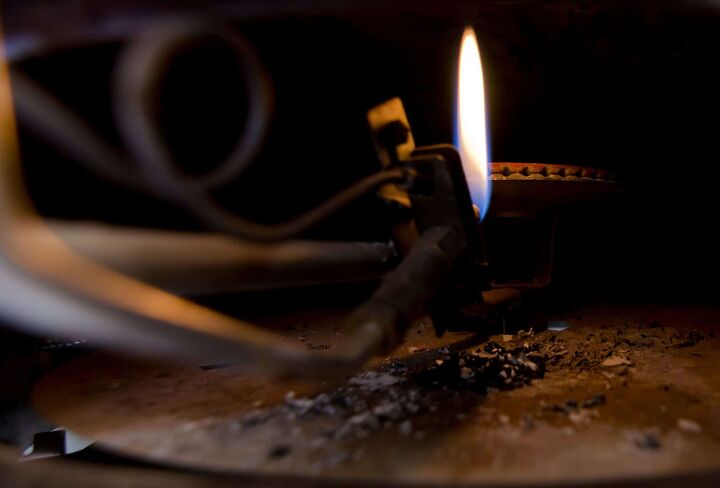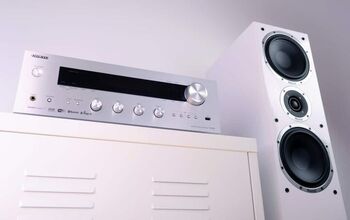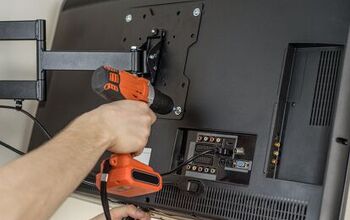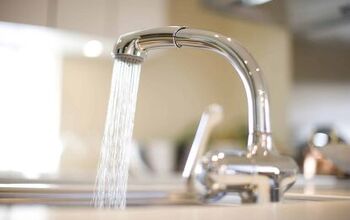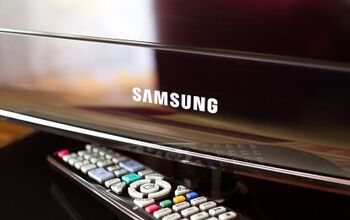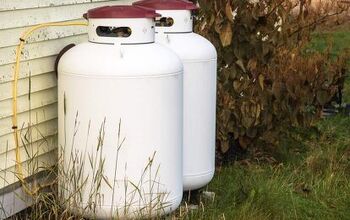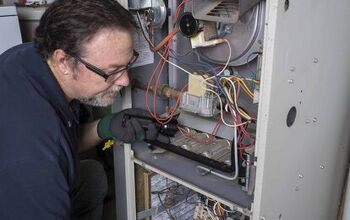Does The Burner On A Water Heater Stay On All The Time?

Your water heater is an essential part of your home. It is responsible for heating all your water, from sinks to showers to the washing machine.
The burner on your water heater should not stay on all the time. The burner should only light when hot water is needed. However, your water heater’s pilot light should remain on at all times.
Tank vs. Tankless Water Heater Burner
The burners on tank and tankless water heaters work slightly differently, though they both remain off before use. A tank water heater heats cold water and stores it for future use. The cold water supply tube brings cold water into the tank. This cold water is heated by the gas burner, then drawn from the tank by a hot water discharge pipe.
A gas regulator assembly on the side of the water heater controls the gas burner. Part of this assembly is a thermostat that turns the burner on and off to maintain heater temperature.
A tankless water heater doesn’t store hot water like its tanked counterpart. It is only activated when hot water is needed. When an appliance turns on, cold water flows into the unit.
This flow of cold water causes a flow sensor to turn on the gas burner and warm the heat exchanger. Coldwater is heated and exits the unit. When hot water is no longer needed, the unit, burner included, powers down until the next use.
What to Do If Your Burner Isn’t Lighting
Even though your burner isn’t supposed to remain lit at all times, it is still essential for it to light when necessary. If your water heater’s burner isn’t lighting, this will leave you out in the cold!
Several factors can cause your burner to not light. There could be a problem with the igniter, pressure switch, thermocouple, pilot light, spark electrode, gas valve, or burner itself.
Problem With the Igniter
Some water heaters require an igniter rather than a pilot light to light the burner. These are typically electric water heaters. The igniter will only work if it is getting voltage. If it is getting voltage but not igniting, the igniter is defective. A defective igniter should be replaced.
You can purchase a replacement igniter from a hardware store or Amazon for around $12.
Problem With the Pressure Switch
A pressure switch exists on a water heater to prevent toxic gases from leaking out into the air. It closes the circuit on the water heater to allow the gas burner to light. If it does not close, this means it is attempting to prevent a possible explosion.
An open pressure switch doesn’t necessarily mean the pressure switch is broken. It might indicate larger problems within your water heater. However, if the pressure switch is faulty, it prevents the burner from lighting.
A replacement pressure switch ranges in price from $30 to a few hundred dollars. The price depends on the quality and model of the pressure switch needed.
Problem With the Thermocouple
The thermocouple or flame sensor senses the heat from the pilot light’s flame. If it does not detect a flame, it will prevent the gas valve from bringing heat to the burner. This prevents the gas burner from lighting.
If the pilot light is on and the thermocouple does not sense a flame, there is a problem. A faulty thermocouple should be replaced and is a relatively easy DIY project. Thermocouples are relatively cheap and can be replaced for between $5 and $10.
Problem With the Pilot Light
The pilot light, like the igniter, is responsible for lighting the burner on gas water heaters. It is not uncommon for pilot lights to simply go out. All you have to do is relight the pilot light in this instance.
Occasionally, carbon deposits and other grime can build up on the pilot light. If this is the case, remove and clean it with a stiff brush. This should remove restrictions caused by the buildup and allow it to light again.
If you cleaned the pilot light and it doesn’t relight, you should replace it. A pilot light assembly kit can be purchased from the hardware store for around $45.
Problem with the Spark Electrode
Some water heaters use a spark electrode to light the pilot light and, in turn, the burner. The spark electrode sends a high-voltage spark to the pilot. If it does not produce sparks, it cannot light the pilot light, and you should replace the spark electrode. You can find spark electrodes for various models of water heaters on Amazon for about $15 to $25.
Problem with the Gas Valve
If the pilot light, pressure switch, and thermocouple are fine, there may be a gas valve problem. The gas valve controls the gas flow into the unit, which lights the pilot. This, in turn, heats the thermocouple and lights the burner.
If the gas valve is no longer working, you should replace it. A replacement gas valve costs around $20, but a professional installation will cost around $200.
Problem with the Burner
Though unlikely, a burner may not be lighting due to damage to the burner itself. Burners on old water heaters can crack more easily due to age.
You can replace your burner if it is damaged. However, a damaged burner may indicate that a water heater is on its last legs. If this is the case, you should replace the water heater before it begins to break further.
Replacement water burners can be pricey, so it may be more beneficial to replace the whole heater. Tankless water heaters can go for anywhere between $1,000 to $3,000 whereas storage tanks can be under $1,000. The price varies between gas and electric water heaters. Plus, installation can add an additional $1,000 or more to the cost.
What to Do If Your Water Heater is on All the Time
If you can hear your water heater running all the time, this is a surefire way to see your bills skyrocket. Your water heater, and by extension, your burner, should not constantly be running. If it is, it could be leaking, have insufficient insulation, sediment buildup, or may just be old.
Leaking Water Heater
If your water heater is leaking, this can cause it to run more often than it needs to. A leak will cause hot water to drip out of your water heater continually. As a result, your water heater needs to run more often to make up for lost hot water.
If you suspect a leak, check your unit and the pipes around it for water. If you locate a leak, call a professional to patch it up.
Insufficient Insulation
Your water heater should have insulation that allows it to retain its temperature. If your tank has poor insulation, it will have a hard time keeping water hot. Because of this, the water heater has to run more often to create more hot water.
To fix the insulation problem, purchase an insulating wrap from a local hardware store. These can be purchased for around $45 on Amazon.
Sediment Buildup
As you use your water heater, sediment can accumulate at the bottom. This buildup is natural and can occur over time. If this is the case, the efficiency of your water heater will be lower.
Lower efficiency in your water heater means it has to overcompensate and run more often. In this case, the water heater creates the typical amount of hot water it normally would, but with extra effort. Simply drain the tank and clean it out to return the water heater to normal efficiency.
Old Water Heater
If your water heater is older, this may be causing it to operate inefficiently. Because of this, it will run more often than necessary to keep up with your household’s needs. It may be time to replace your old water heater for a newer, more efficient model.
Related Questions
How much does it cost to repair a water heater?
Water heater repairs cost, on average, around $500. The price for the repair varies based on the type of water heater, its age, and the intensity of the problem.
How long should your water heater stay on?
Water heaters can run anywhere from one to three total hours a day. The length of time a water heater runs varies depending on the type and amount of water usage. If your water heater is running constantly, this indicates a larger problem.

Stacy Randall is a wife, mother, and freelance writer from NOLA that has always had a love for DIY projects, home organization, and making spaces beautiful. Together with her husband, she has been spending the last several years lovingly renovating her grandparent's former home, making it their own and learning a lot about life along the way.
More by Stacy Randall



